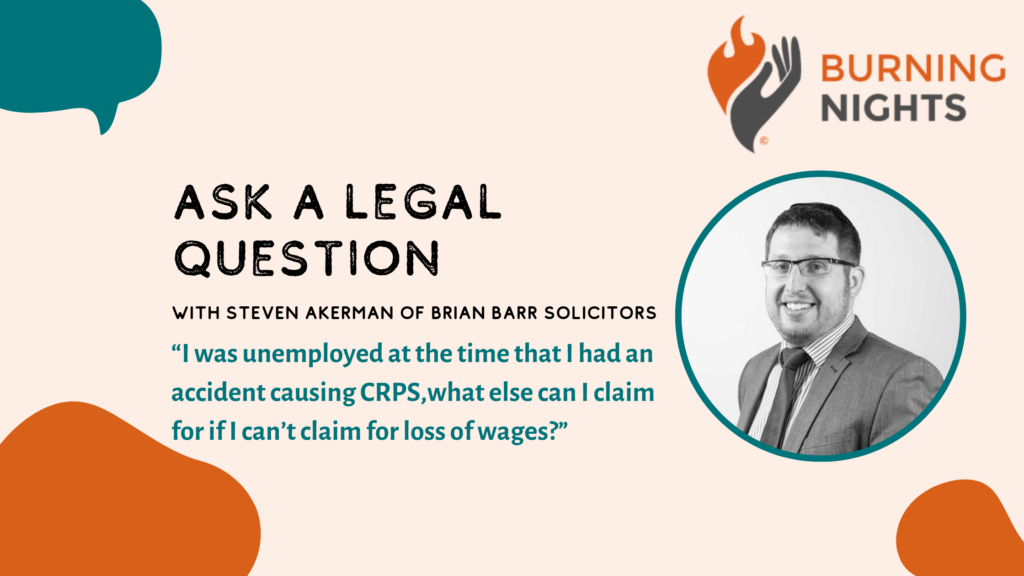What is fibromyalgia?
Fibromyalgia is a pain syndrome of chronic widespread musculoskeletal pain and fatigue, thought to be caused by abnormalities in the pain pathways in the central nervous system.
Fibromyalgia specifically means pain in the muscles, ligaments and tendons, generally all the softer, more fibrous tissues in the body. There is a sense, according to most patients, of ‘aching all over’, with the related symptoms of a chronic case of flu. Muscles often feel as if they have been pulled or worked too hard and there are instances where muscles may twitch or feel like they’re burning. Cognitive abilities can also be affected with many patients reporting having ‘brain-fog’, where they find functions such as concentration and memory to be impaired.
Fibromyalgia can affect people of all ages and backgrounds, but it is seven times more likely to be diagnosed in women than men. The condition tends to develop between the ages of 30 and 50, however, it is not uncommon for it to occur in people of all ages – from the very young to the elderly.
It may be caused, or exacerbated by, physical traumas, such as car accidents and falls, often due to no fault of the patient or simply develop without a specific trigger.
How to diagnose fibromyalgia
Diagnosing fibromyalgia can be difficult as there is no specific test to diagnose it and symptoms can be similar to other conditions. It is what we call a diagnosis of exclusion. This means that doctors must run numerous tests (blood, MRI, etc.) to rule out various other conditions before fibromyalgia can be diagnosed. This also explains why it can sometimes seem like an eternity before a formal diagnosis is made.
Doctors tend to use the following criteria for diagnosis:
- you either have severe pain in 3 to 6 different areas of your body, or you have milder pain in 7 or more different areas
- your symptoms have stayed at a similar level for at least 3 months
- no other reason for your symptoms has been found.
Lab tests cannot prove fibromyalgia and therefore fibromyalgia can often by confused with other autoimmune diseases because the symptoms often overlap, such as:
- chronic fatigue syndrome (also known as ME) – a condition that causes long-term tiredness,
- rheumatoid arthritis – a condition that causes pain and swelling in the joints, or
- multiple sclerosis (MS) – a condition of the central nervous system (the brain and spinal cord) that affects movement and balance.
People with fibromyalgia have a reduced threshold to pain and ‘tender points’ tend to include:
- Lower neck in front
- Edge of upper breast
- Arm near the elbow
- Knee
- Base of the skull in the back of the head
- Hip bone
- Upper outer buttock
- Back of the neck
- Back of the shoulders
What type of doctor can help with fibromyalgia?
Fibromyalgia pain can fluctuate in location and intensity from day to day, but if you have been experiencing the above symptoms for some time then speak to your GP in the first instance. Even if they’re familiar with the condition, it can be hard to diagnose so you are likely to be referred to see a rheumatologist, a doctor who’s an expert in problems with joints, muscles, and bones.
Fibromyalgia diary
The process for diagnosis can be long, therefore It can be worthwhile keeping a diary with a
a detailed record of where and when you hurt, what type of pain it is (dull or sharp), and how long it lasts for. Additionally, you should note any other associated symptoms such as fatigue, brain fog, depression and anxiety, bellyaches, taste changes, numbness, and dizziness.
Your specialist may take blood samples and x-rays to rule out any other conditions.
Once you have your diagnosis, the next step is a plan to manage it. With the right treatment, most people who have fibromyalgia live a normal, active life.
If you are suffering from fibromyalgia, CRPS, or any chronic pain condition as a result of an accident that was not your fault, and even if you have an existing claim, get in touch with Brian Barr Solicitors to see if we can assist. It is simple and hassle free to move your claim to Brian Barr Solicitors who are experts in dealing with chronic pain litigation. Call us today on 0161 737 9248 or visit our website (www.brianbarr.co.uk) to find out more.
We do not endorse any research, studies or sources mentioned within our blogs and comments. The blog is for information purposes only as we are not medical professionals. We do not endorse any medical advice provided and would strongly recommend anyone seeking medical advice to contact their local healthcare provider before any changes to treatment and / or management of your condition is undertaken.

















